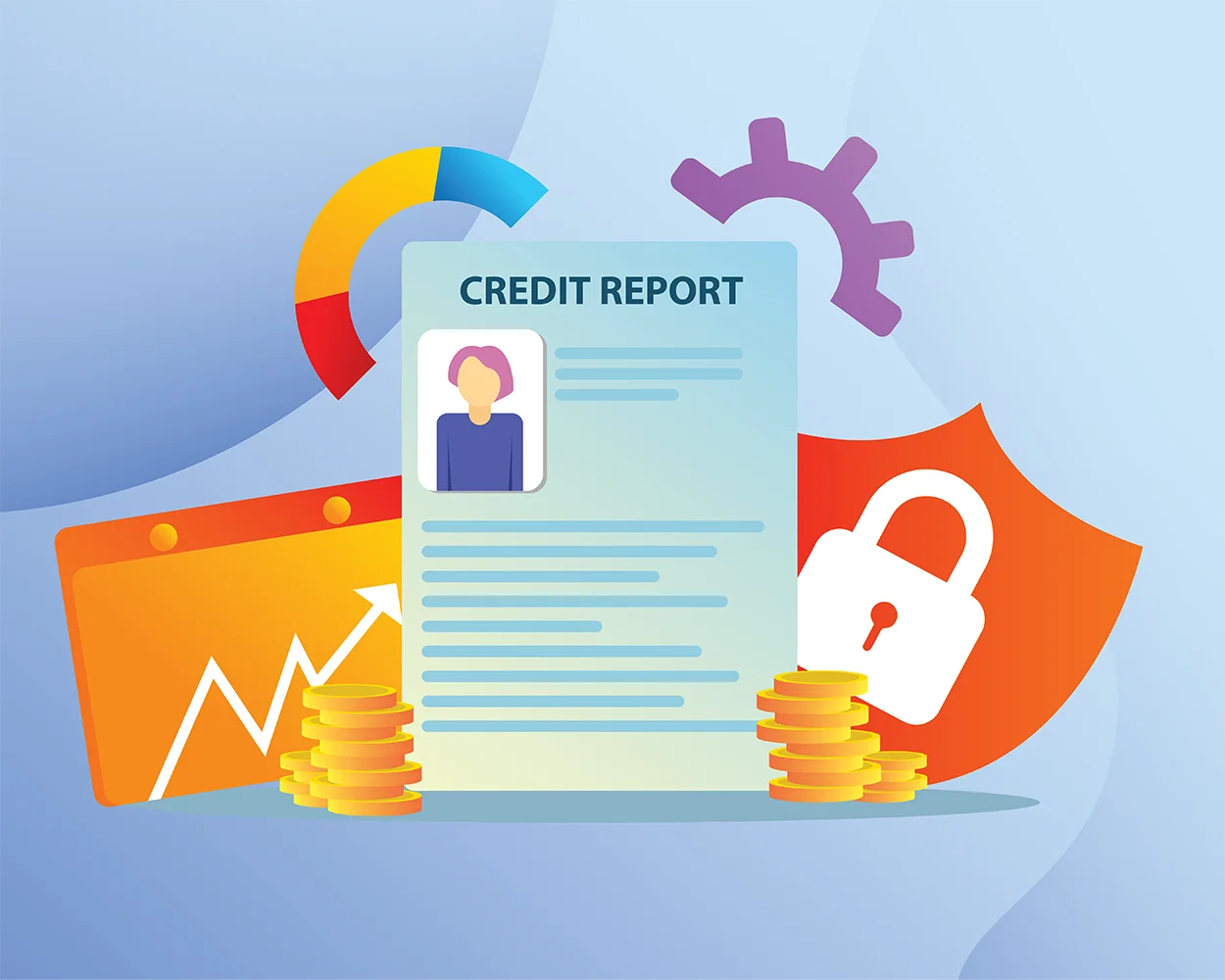If you are in debt and nagged daily by creditors you might want to understand your credit files to repair your credit. If you are delinquent in payments your credit score is affected, and often you can’t get a loan. There are exceptions but if you are able to get a loan or credit card you will be paying high interest rates. Your credit file determines your faith in life. If you are credit file has a low score most landlords, lenders, or providers will turn you down when you apply for a loan. Credit files are often found in the computer systems are maintained by credit bureaus. If your credit file indicates you are a low risk then you most likely will get a loan, apartment, credit card, or whatever you apply for.
Credit scores are a ‘numerical’ system that determines a person’s credit rate and score. Credit scores generally rate anywhere from ‘300 to 850’ otherwise the scores are higher if a person has an outstanding credit rate. If you apply for a loan and the lenders are unable to find your credit file you are often viewed as a mishap. This means that you haven’t established a credit history and no one can really tell if you are a good or bad risk. This is why it is important to establish credit at an early age. If you apply for department store cards, credit cards, gas cards or other items that offer you a credit, then you are on your way to establishing a credit history and your file will be on record. The problem with applying for credit cards or loans, or any type of credit, is that when we start out our parents are often co-signers. This means if we do not make payments our parents are obligated to repay the debts. The truth is that when we apply for a job, apply for an apartment, or take out an insurance policy we are establishing credit. Your credit files are often stored in TransUnion, Equifax, and Experian. The law protects us to a degree when it comes to credit repair.
To understand all the legalities, as well as how our credit file affects us is important to repairing our credit history. Credit Bureaus are coordinated and monitored by the Federal Trade Commission beneath the requirements of the Federal Fair Credit Reporting Act (FCRA) and follows up with the State Laws. If you have credit files with inconsistencies the Fair Credit Reporting Act protects you in the sense that it requires the credit bureaus to delete or make the information obsolete on your credit file. This protects you if you are a victim of Identity Theft, or any other false accusations made against you. The Credit Bureaus are required by the laws to list accuracies on credit files by gathering the appropriate information against you or on your behalf. The laws protect you in the sense that it regulates the credit bureaus by only allowing them to list negative reports against you for a limited time. The laws also regulate who can see your credit files. If you are applying for a loan, license, public assistance, insurance, landlords, and courts can request your credit files without your consent. However, if you are applying for a job under certain circumstances the employers will need a written authorization form from you. Utilities are under the law and these providers cannot deny you services even if you have bad credit. As you can see there are a wide range of services that can check your credit file. The downside is each time your credit is checked points go on your files. The more points added to your credit file affects your credit so you want to be careful and only apply for what you need. If you have bad credit and trying to repair your credit be sure to request copies of your credit files, understand your score on your files, and if you suspect you are a risk it is best to apply for loans or credit cards after you have cleared your credit report.











